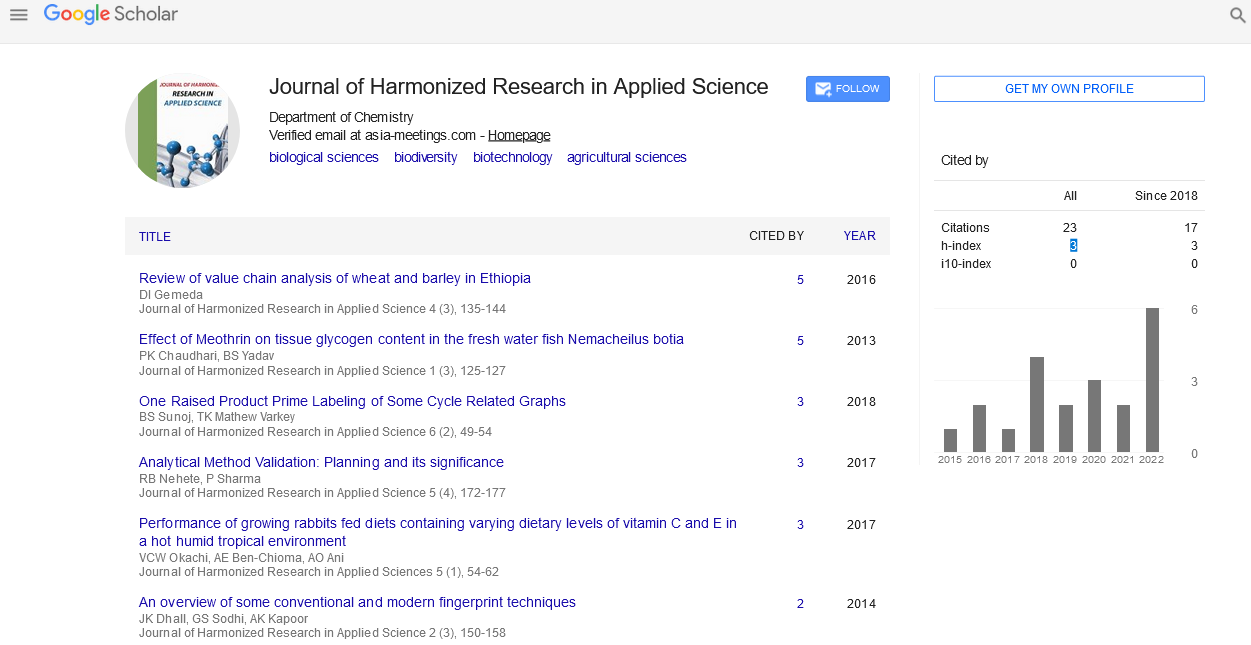FARMER?S KNOWLEDGE, PERCEPTION AND MANAGEMENT OF KEY PEST?S OF OKRA, ABELMOSCHUS ESCULENTUS (L.) MOENCH IN SOUTHERN SIERRA LEONE
Abstract
Author(s): Johnny E. Norman, Sheku Max Kanteh, Alusaine Edward Samura and Augustine Mansaray
Baseline survey was carried out using well-structured questionnaire in five selected communities in Bo City (Njagboima, Kowama, Airfield, Kulanda Town and Moriba Town) in December 2013 to January 2014 . A random sample of fifty (50) okra farmers, with ten (10) per community were targeted; including both full-time and part-time growers. The objective of the study was to unravel indigenous knowledge of farmers on okra pests, constraint to okra production and to ascertain the most important pests and indigenous methods of control. Results from the study indicated that all the farmers had the problem of pests on their farms; including insect pests, vertebrate pests, diseases and weeds; with insect pests ranked as the most important. Flea beetle (Podagrica uniforma), mole-cricket, grasshopper, aphids and ants were identified as the most important insect pests of okra, with flea beetle (Podagrica uniforma) ranked as the most damaging insect pest during the dry season (84%). About 70% of the farmers indicated that they protect their crops against flea beetles. Control measures adopted included traditional method (wood ash and orange peels) and use of chemical insecticides. Loses due to Podagrica uniforma was considered high by majority of the farmers. This study underlines the need for regular monitoring of farmers crop fields, updating of data on pests activities and training of farmers on pest control in okra farms, not only in the survey sites, but also in other parts of Sierra Leone. Keywords: Indigenous knowledge, Perception, Okra, Pest management, Podagrica uniforma










